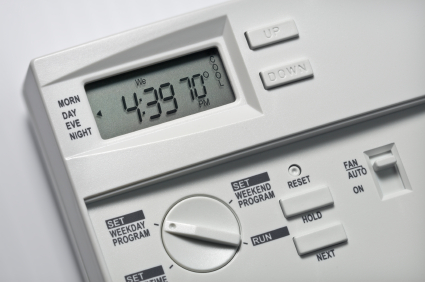HVAC is an acronym for Heating, Ventilation and Air Conditioning. HVAC is a subdiscipline of mechanical engineering. The invention of HVAC systems went hand-in-hand with the industrial revolution, and new methods of high efficiency, modernization, and system control are frequently introduced by companies and inventors from across the globe.
The three central functions of heating, ventilating, and air-conditioning are all interrelated, especially with concern to the need to provide comfortable living space and high indoor air quality. HVAC systems can offer ventilation, reduce air infiltration, and maintain pressure balance between spaces. How air is delivered to, and removed from spaces is referred to as the room air distribution. The HVAC industry is a worldwide enterprise, with roles including operation and maintenance, system design and construction, equipment manufacturing and sales, and in education and research. The HVAC industry was historically regulated by the manufacturers of HVAC equipment, but Regulating and Standards organizations such as HARDI, ASHRAE, SMACNA, ACCA, Uniform Mechanical Code, International Mechanical Code, and AMCA have been established to support the industry and encourage high standards and achievement. The American Society of Heating, Refrigerating and Air Conditioning Engineers (ASHRAE) is widely regarded as the master authority on HVAC quality standards.

